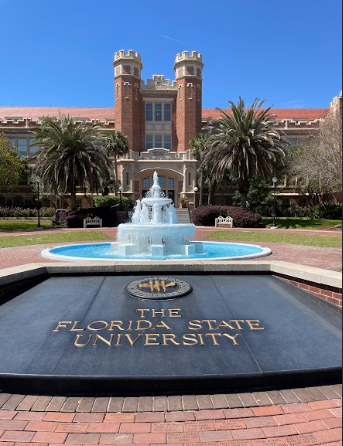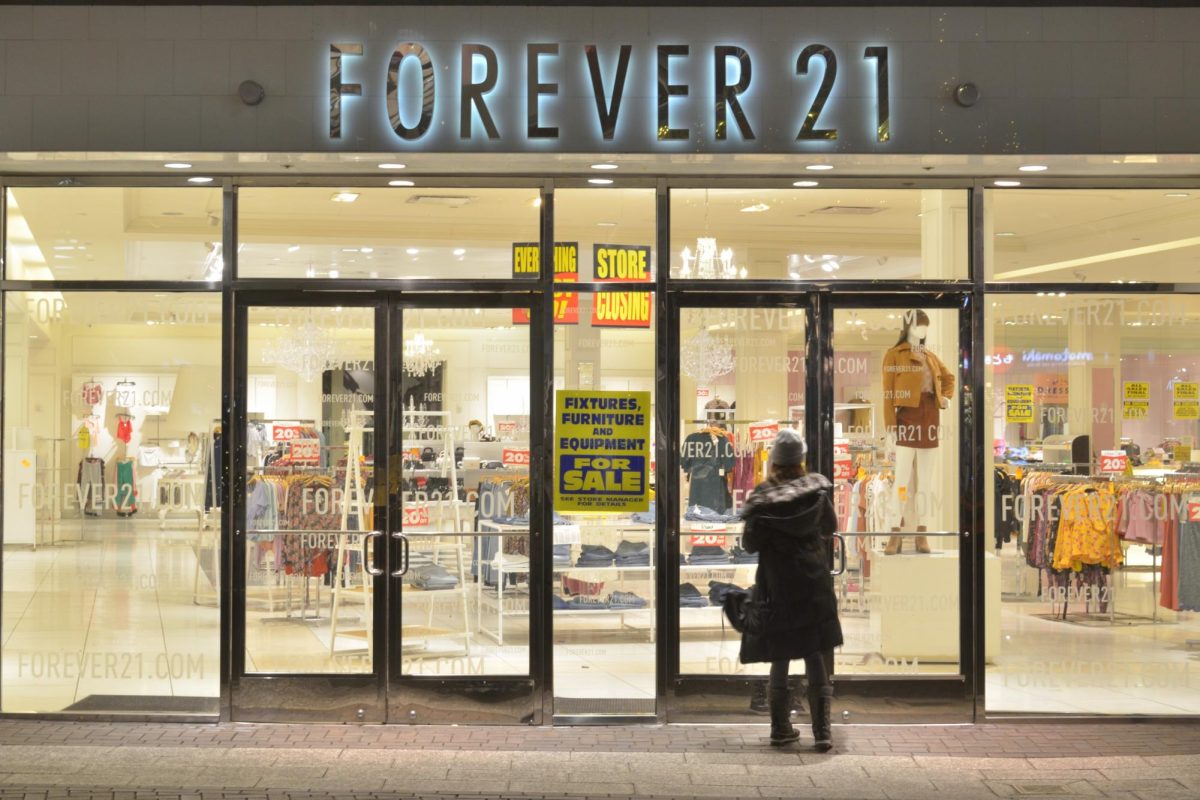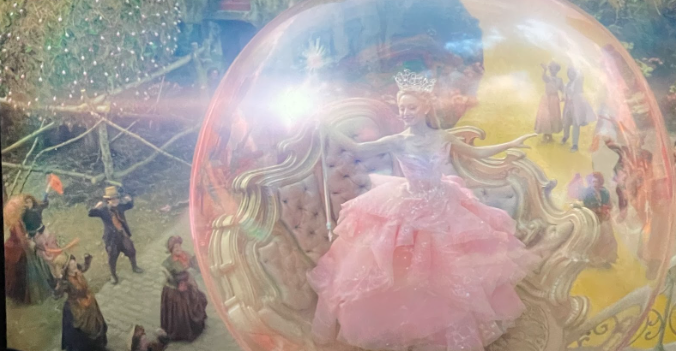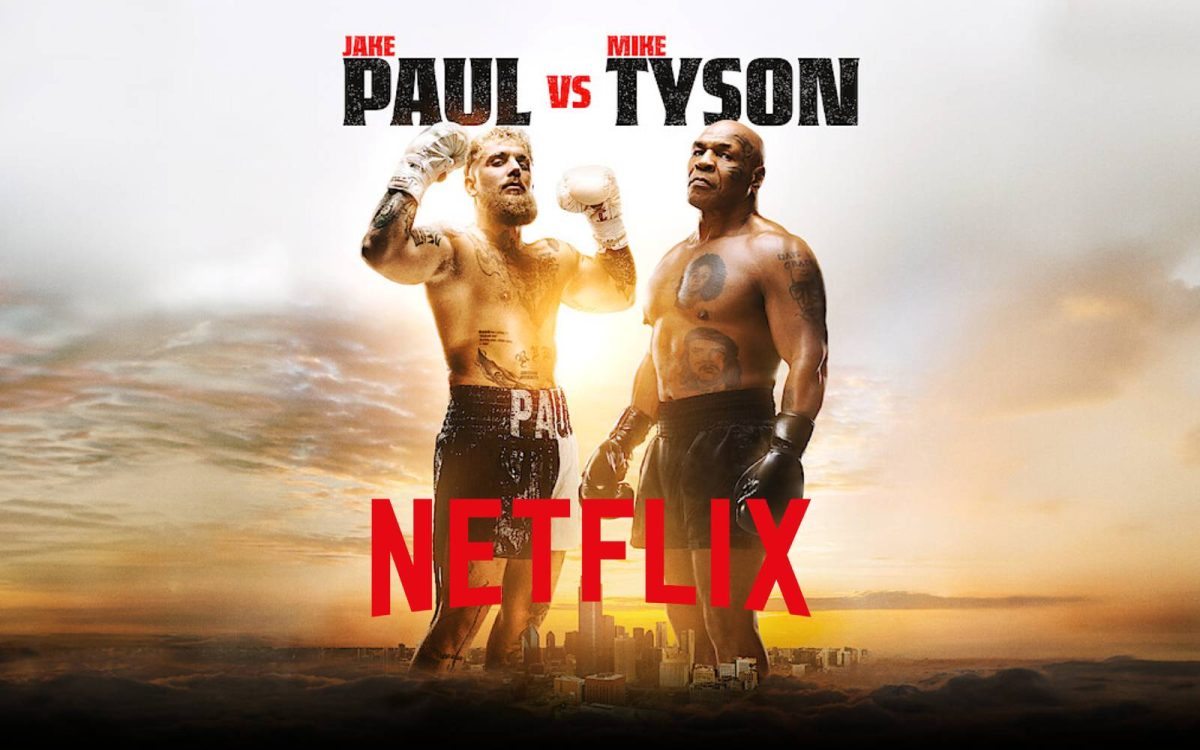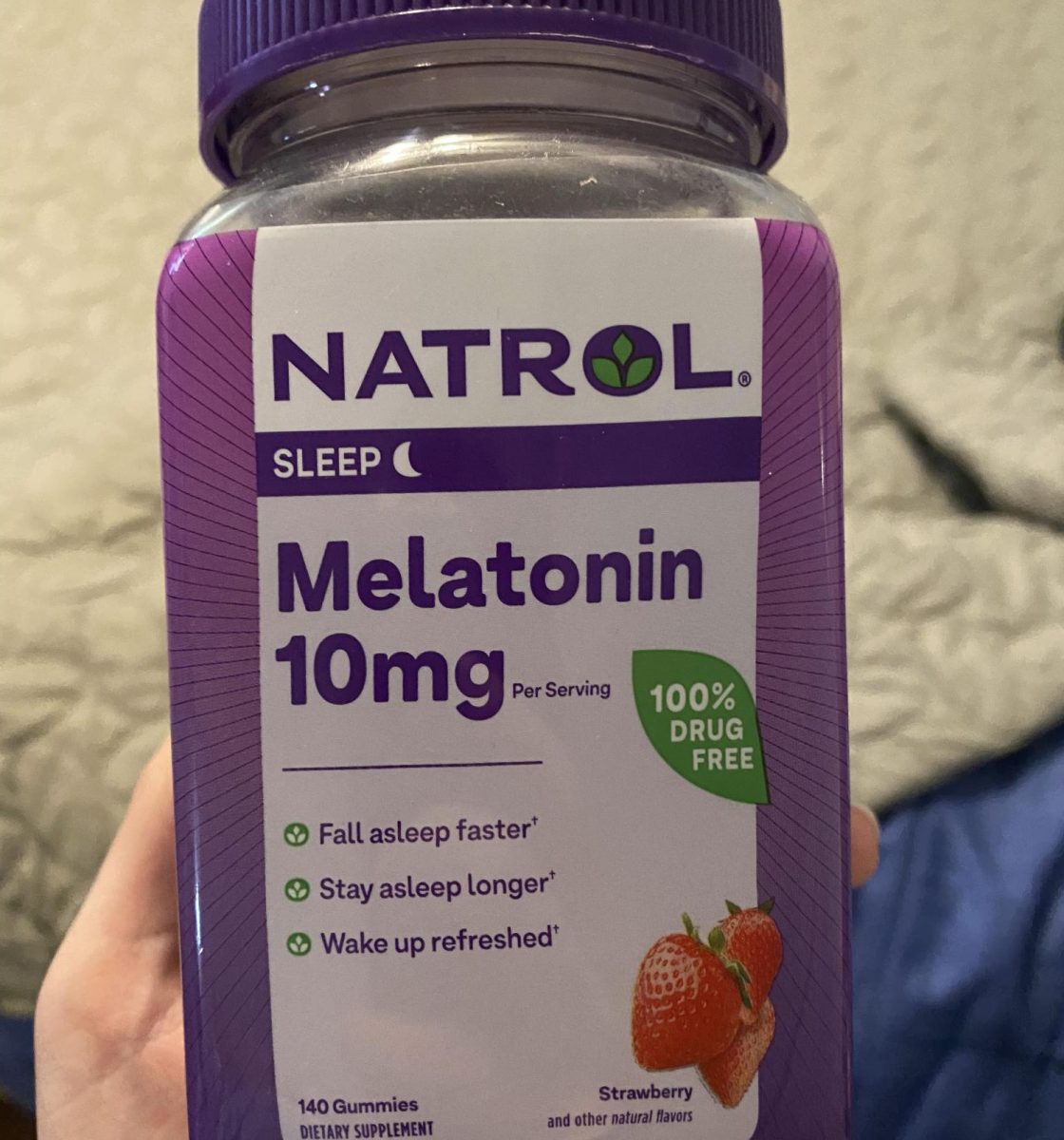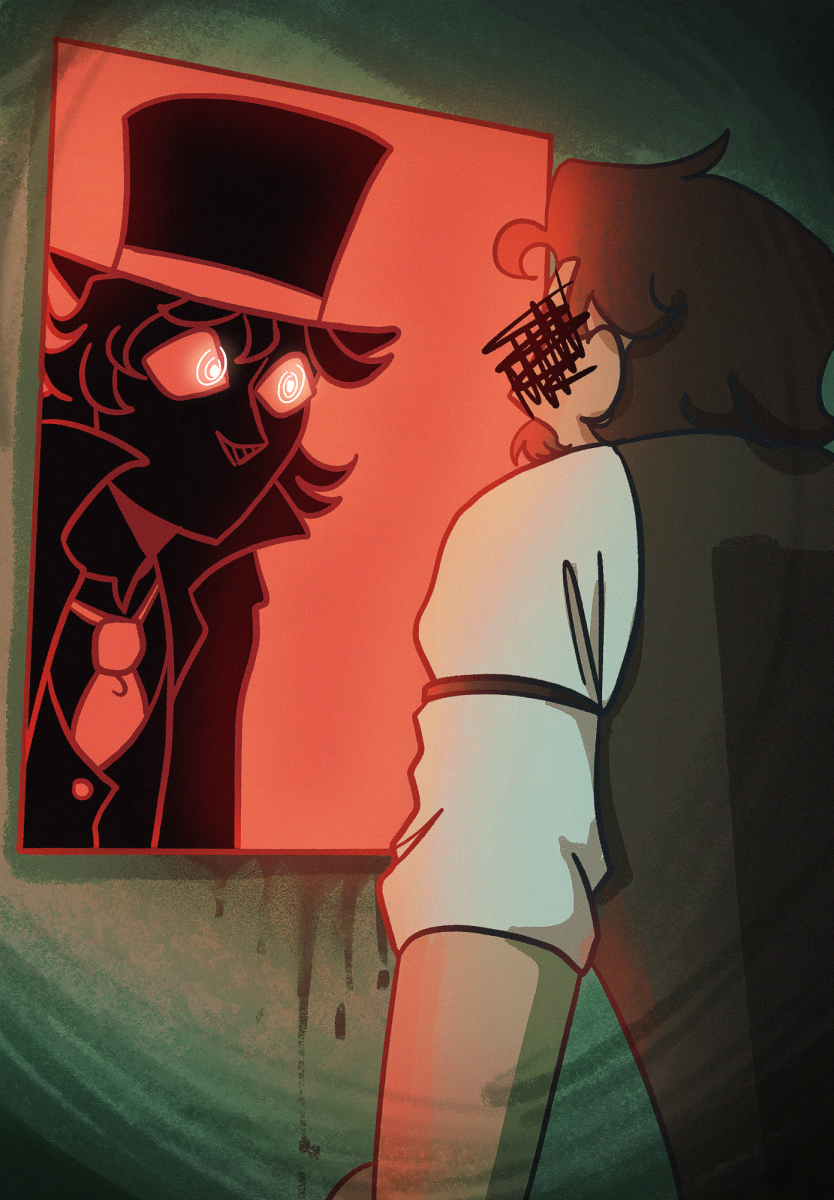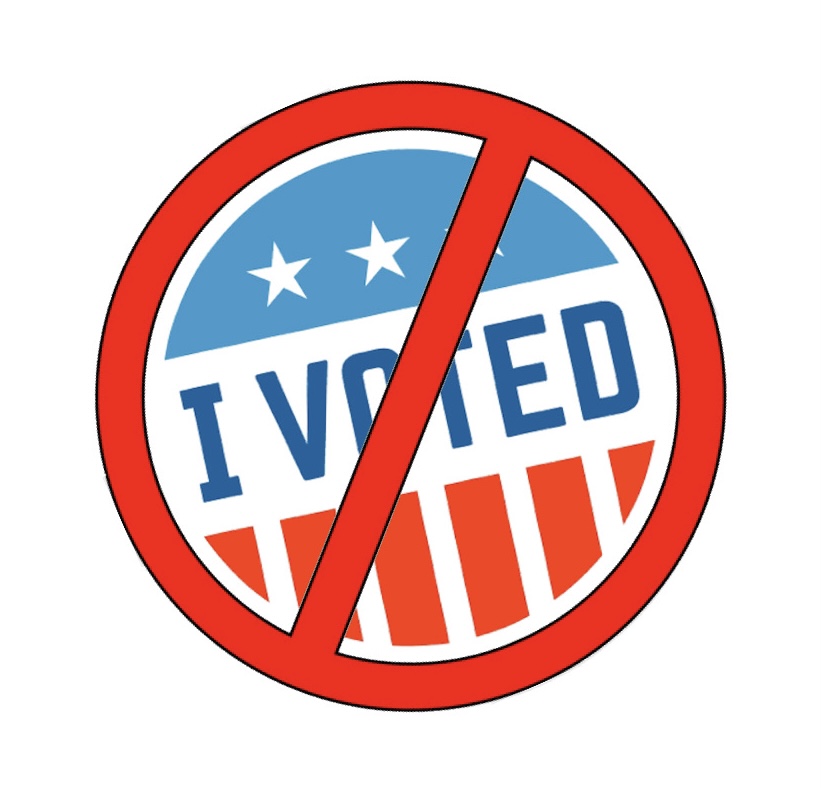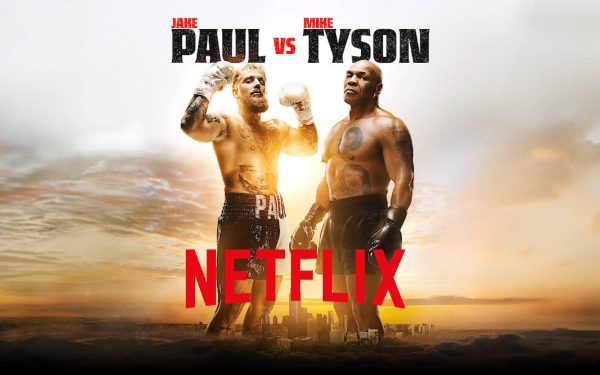Should the Voting Age Be Lowered Again?
November 4, 2020
A few decades ago the legal voting age in America was 21. This caused a turmoil among the citizens due to the fact that 18 year olds were old enough to get married, work, go to war, and were expected to pay taxes as others adults did. In the Vietnam War the average age of US soldiers was 19 because of how many young people were in the army. In 1971, Senator Jennings Randolph, a democrat of West Virginia, proposed a constitutional amendment to lower the voting age and it unanimously passed to the Senate. In the House of US Representatives only 19 out of 419 congressmen opposed it and it was sent out to the states to be ratified. On July 5, 1971, President Richard Nixon formally certified the 26th Amendment of the Constitution, which granted 18 year olds the right to vote.
Right now another debate is going on because some people want the legal age to vote to be lowered again – to 16. Just like any other debate, there are always two sides trying to prove why their argument is right. Some people believe that 16 year olds should be able to vote because they are just as knowledgeable about civics and have the same ability to make good voting choices as older voters, and that they should have a voice in the laws that affect their lives and a stake in the future of their country.
One of their big claims is that lowering the voting age to 16 increases voter turnout and develops lifelong voting habits. The most recent voting census told us that less than half of the 18 year olds in America voted. A reason for this might be because of how hectic a lot of their lives are. Fresh graduates are busy getting their college and home lives situated, some are even moving across the country to go to their dream school. It’s a very busy time in new adults’ lives and they don’t always set a time to go vote. That being said, 16 year olds have way less crazy schedules and if they were to start participating in elections, it would start a healthy habit and increase the amount of young people who vote. In a Maryland city where you can start voting at 16, about
Tyler Okeke, a Los Angeles Unified School District (LAUSD) student board member and Power California youth leader, had this to say on the matter: “Young people in our generation have been extremely involved in politics informally in the form of movements, in the form of organizing protests. Namely, we’ve been the lifeblood and at the forefront of the Black Lives Matter movement, of the #MeToo movement, of the movement for immigrant justice and environmental justice. And these are all spaces where we have a long history of showing up and showing out and showing that we care. And I think pairing both our civic and outdoor advocacy and grassroots advocacy with the ballot is important to making sure that our action is coordinated in – and on all fronts.”
Even with all of these things being said, the vast majority of Americans of all ages and political views agree that 16-year-olds should not be given the right to vote. They believe that the number of young Americans participating in elections is so low suggests that people aren’t ready to vote until later in life. A popular statement used to go against letting 16 year olds vote is that a lot of them don’t even care for politics. Of course there are mature 16 year olds who do have interests in politics but waiting two more years doesn’t do them any harm. A lot of the teens would just vote for the more popular candidate, who their friends are voting for, or some might even get pushed to voting for a certain person by their family. By waiting two more years, it will expand their knowledge on politics. There is also the argument about whether 16 year olds are mature enough to vote or not. Some critics say that sixteen year olds aren’t mature enough or have enough life experience and researchers generally agree that the brain is still developing until the mid-twenties, with moral reasoning and abstract thought coming later in the cycle than previously thought.
Both sides of this debate about lowering the voting age have good evidence to support their claims. In the future, this argument might even change an amendment. We’ll just have to wait and see if our country will have any more big changes.


